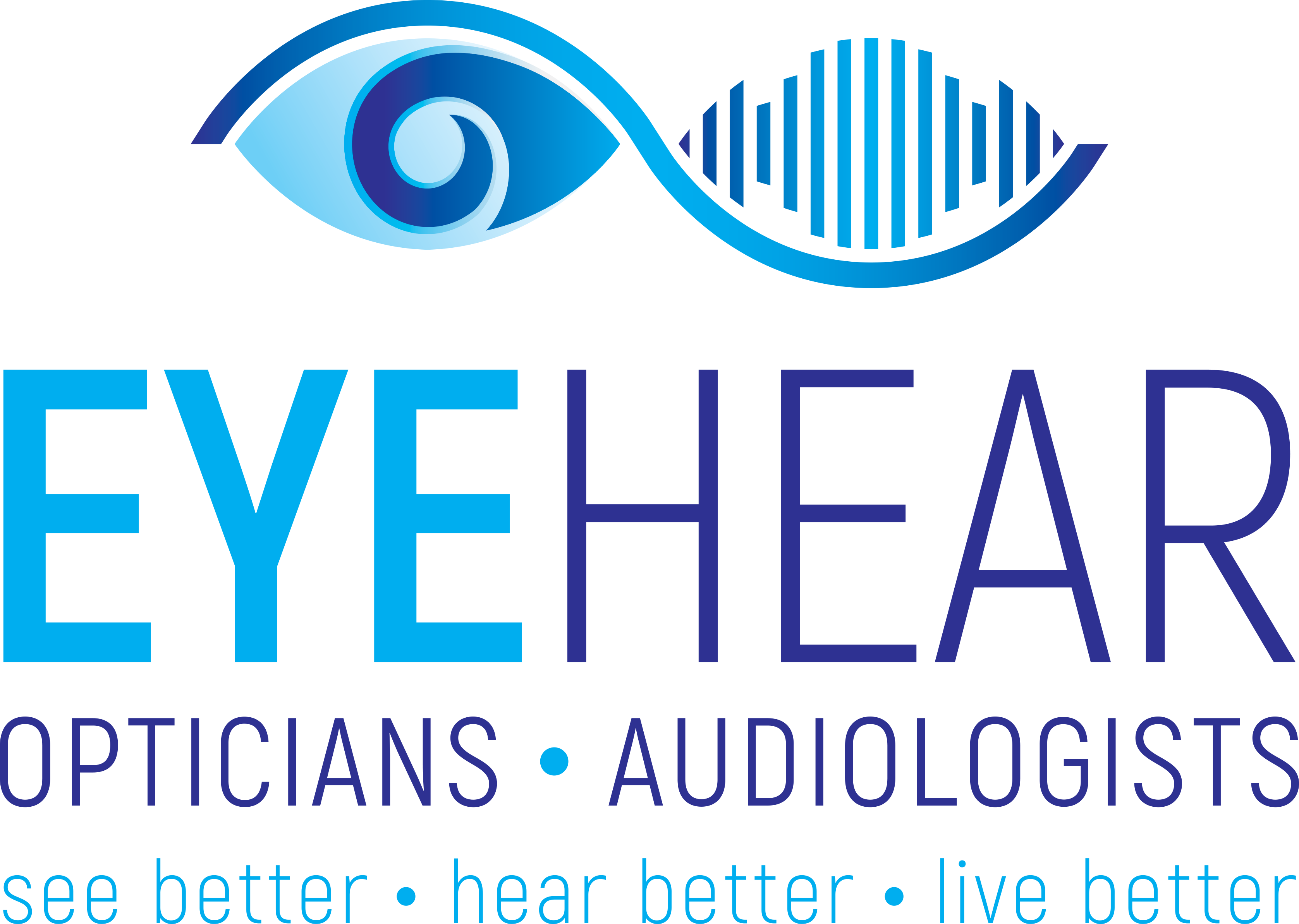When was the last time you had an eye test? For many people, the answer might be “years ago” — or even “I can’t remember.” Eye health often takes a backseat compared to other health checkups, but regular eye exams are essential for more than just vision correction. They can detect early signs of serious health issues like diabetes, high blood pressure, and even certain types of cancer. So, how often should you book an eye test? The answer might surprise you.
The General Rule for Adults
For most adults, it’s recommended to have an eye test every two years. This timeline allows opticians to spot changes in vision or detect signs of underlying health conditions. Even if your vision seems fine, changes can happen gradually, making them difficult to notice. Regular tests ensure you’re always using the right prescription for glasses or contact lenses, and they also help prevent long-term strain or discomfort.
However, some people may need more frequent tests. If you experience sudden changes in vision, frequent headaches, eye pain, or flashes of light, it’s essential to see an optician as soon as possible. These symptoms could signal a more serious issue like retinal detachment or glaucoma, which requires urgent attention. You can read more here about eye test guidance from the official NHS website.
Eye Tests for Children and Teens
Children’s vision develops rapidly, and early detection of any issues can make a big difference in their learning, development, and quality of life. The general recommendation is for children to have their first eye test at around six months to one year old, another at age three, and again before they start school. After this, eye tests should take place once a year or as recommended by an optician.
Children rarely realise they have vision problems because they have no point of comparison. Poor vision can impact their ability to read, write, and participate in class. If a child is squinting, rubbing their eyes, or sitting too close to screens, it might be time for an early checkup. Early detection of issues like lazy eye (amblyopia) or strabismus (crossed eyes) can lead to more effective treatment.
People Over 40: Why More Frequent Tests May Be Necessary
From age 40 onwards, the risk of eye conditions like presbyopia (age-related long-sightedness), glaucoma, and cataracts increases. It’s during this time that more frequent checkups may be recommended, especially for those with a family history of eye disease. For some people, an annual eye test may be advised.
Glaucoma, in particular, is known as the “silent thief of sight” because it has no symptoms in its early stages. Regular checkups can detect this condition before it causes irreversible vision loss. People with diabetes are also more prone to diabetic retinopathy, a condition that damages the retina. For this reason, diabetic patients are typically advised to have an annual eye screening.
For more information on Glaucoma visit https://www.nhs.uk/conditions/glaucoma/
People at Higher Risk of Eye Conditions
Certain groups are at a higher risk of eye problems and should have their eyes tested annually rather than every two years. This includes:
- People with a family history of eye disease (like glaucoma or macular degeneration)
- Diabetic patients (at risk of diabetic retinopathy)
- People over 60 (age-related conditions like cataracts, macular degeneration, and glaucoma become more common)
- Contact lens wearers (who are more prone to eye infections or corneal damage)
If you fall into any of these categories, your optician may advise you to schedule tests more frequently to monitor for early signs of issues. Catching conditions like glaucoma or macular degeneration early can mean more effective treatment and a better chance of preserving your sight.
What Happens During an Eye Test?
Many people avoid eye tests because they don’t know what to expect. However, an eye test is quick, painless, and far less intimidating than most other health exams. It typically includes:
- A vision test to check for nearsightedness, farsightedness, or astigmatism.
- An eye health check where the optician examines the back of your eye (the retina) to spot signs of disease.
- A pressure test to check for glaucoma. This is often done using a “puff of air” test to measure eye pressure.
- A discussion about any concerns you may have about your eyesight or symptoms you’ve noticed.
If needed, the optician will update your glasses or contact lens prescription, offer lifestyle advice, or refer you to a specialist if any concerns are identified.
Don’t Wait Until You Notice a Problem
One of the biggest misconceptions about eye health is that you only need an eye test if you notice changes in your vision. But in reality, many serious conditions (like glaucoma) can develop with no warning signs. Regular eye tests are your best chance of catching these problems early, before they affect your daily life.
If it’s been more than two years since your last checkup, it’s time to book an appointment. Simply book us online via this link https://thespectaclemakerni.com/book-appointment/
